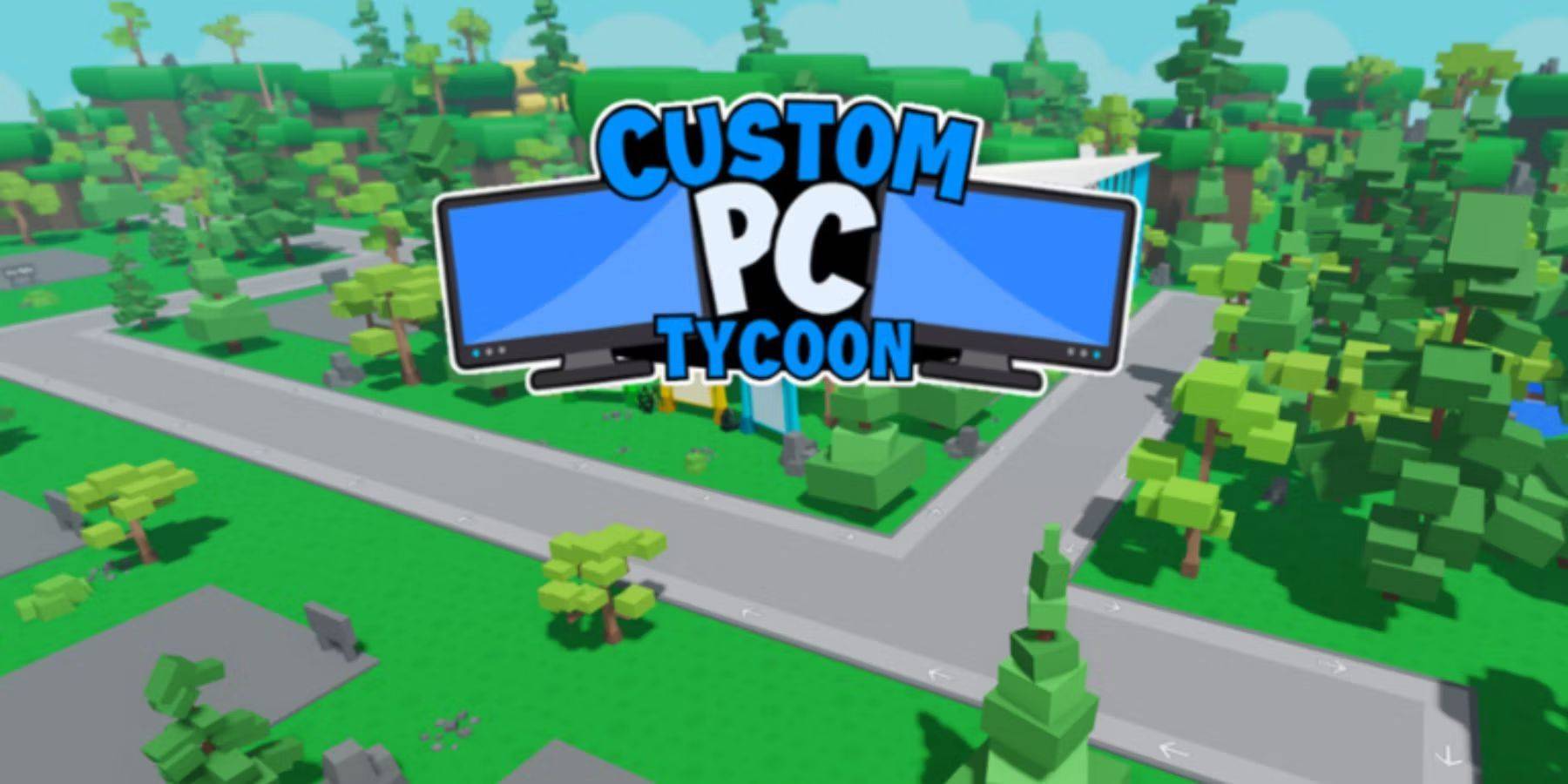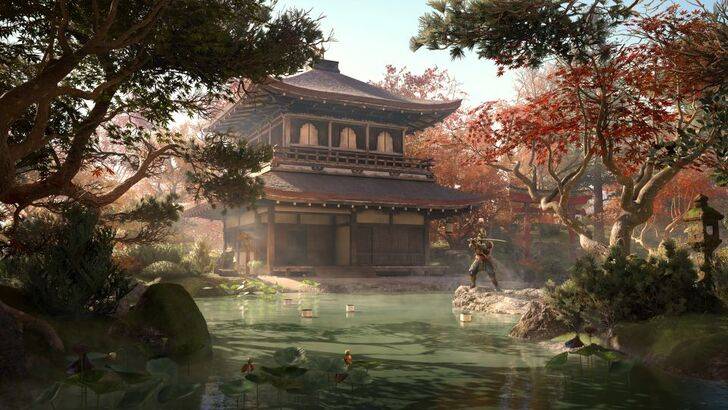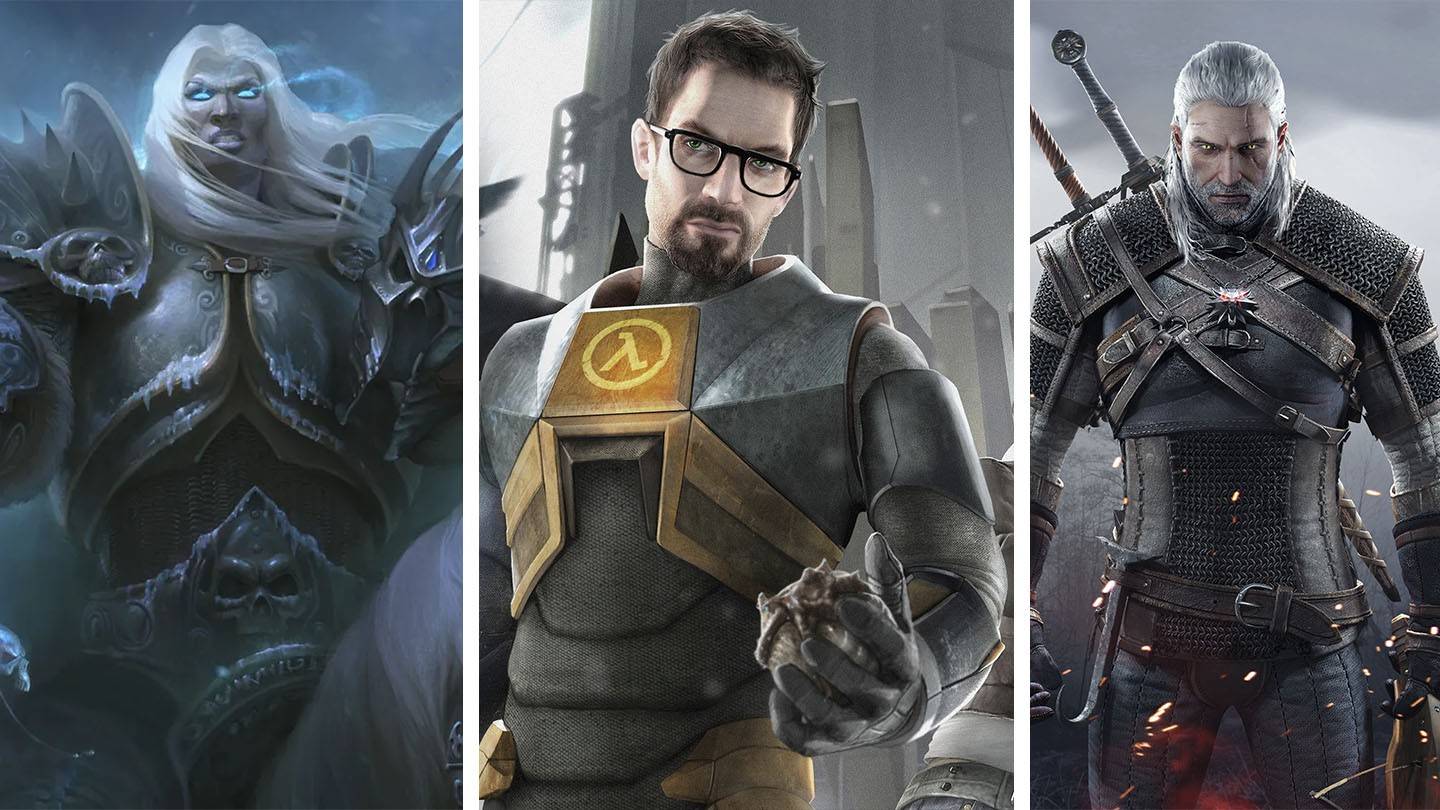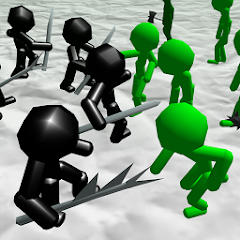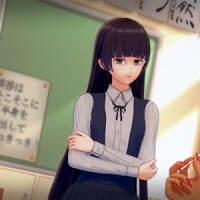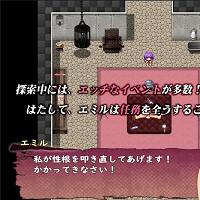The topic of turn-based games has been a staple in role-playing game (RPG) discussions, and the recent release of Clair Obscur: Expedition 33 has reignited these conversations. Launched last week, Clair Obscur: Expedition 33 has received widespread acclaim from IGN and other reviewers, positioning itself as a standout RPG. It proudly showcases its inspirations, featuring a turn-based system, Pictos to equip and master, zoned-out "dungeons" to explore, and an overworld map.
In an interview with RPGsite, producer Francois Meurisse emphasized that Clair Obscur was designed as a turn-based game from the outset, drawing specific inspiration from Final Fantasy VIII, IX, and X. Additionally, the game incorporates elements from Sekiro: Shadows Die Twice and Mario & Luigi, blending traditional turn-based strategy with action-oriented quick-time events, parries, and dodges. This unique hybrid system has sparked considerable discussion and debate within the gaming community.
The success of Clair Obscur has fueled arguments on social media, particularly in relation to the Final Fantasy series. Naoki Yoshida, during the media tour for Final Fantasy XVI, discussed the shift towards more action-based mechanics in RPGs, citing changing player preferences, especially among younger audiences. This shift is evident in recent Final Fantasy titles such as XV, XVI, and the VII remake series, which have embraced more dynamic, action-driven gameplay.
However, the narrative around turn-based games is more nuanced. Square Enix has not abandoned the turn-based format entirely; for instance, Octopath Traveler 2 and the upcoming Bravely Default remaster for Switch 2 continue to uphold the tradition. While Final Fantasy may have evolved, it's clear that turn-based RPGs still have a place in the gaming world.
The question of whether Final Fantasy should adopt a system similar to Clair Obscur is met with a resounding "no" from many fans. Final Fantasy has its own unique aesthetic and identity that cannot be simply swapped out for another. Clair Obscur may share similarities with Final Fantasy, but it stands on its own merits with its innovative combat, compelling soundtrack, and rich world-building.
Historically, debates over the direction of Final Fantasy are nothing new. Discussions about whether Lost Odyssey was a true successor to Final Fantasy, or whether Final Fantasy VII is superior to Final Fantasy VI, have been part of the gaming discourse for years. These debates often overlook the broader context, such as sales performance, which Yoshida also considered when shaping Final Fantasy XVI.
Despite the success of Clair Obscur: Expedition 33, which sold 1 million copies in three days, the expectations for Final Fantasy are typically higher. The industry has seen other turn-based RPGs like Baldur's Gate 3 and Metaphor: ReFantazio achieve both critical and commercial success, suggesting that turn-based games can still thrive.
Ultimately, Clair Obscur's success is a testament to the power of authenticity and innovation. As Larian CEO Swen Vincke noted about Baldur's Gate 3, high budgets can yield high results when the game is crafted with passion and creativity. This approach seems to be the way forward, rather than rehashing old debates about game mechanics.
The lesson here is clear: stay true to your creative vision. Clair Obscur may wear its inspirations proudly, but it is the studio's unique contributions that have elevated it to its current status. As the gaming landscape continues to evolve, authenticity and innovation will remain key to capturing the hearts of players.

 Latest Downloads
Latest Downloads
 Downlaod
Downlaod
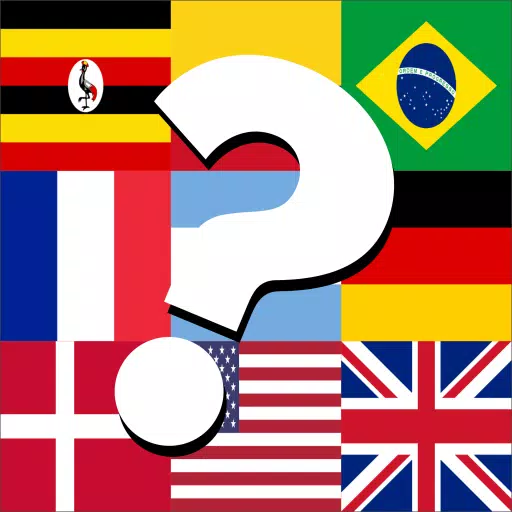



 Top News
Top News